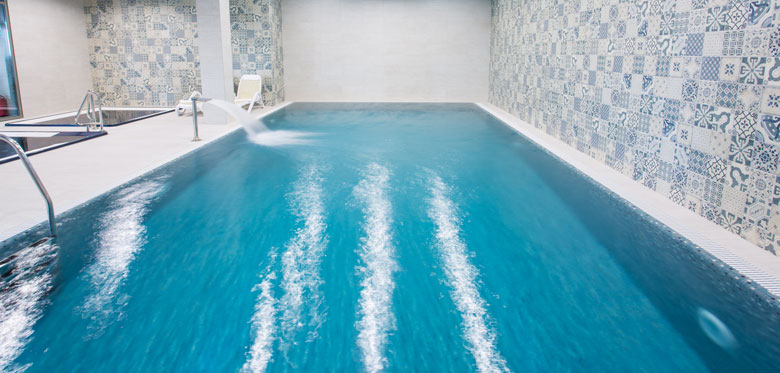In 2023, a quantum only cerebral palsy case went to trial for the first time in six years - CCC v Sheffield Teaching Hospitals NHS Foundation Trust (‘CCC’). The Judge considered several key issues during the case and one of them was the benefits of hydrotherapy.
Most practitioners will know that obtaining provision for hydrotherapy for a claimant (and in particular claiming for a hydrotherapy pool at home) has historically been a hotly contested issue and there usually needed to be a proven medical need (i.e. spasticity) for hydrotherapy in order to have any chance to successfully pursue this part of the claim.
There have been may studies which highlight that hydrotherapy can form a key part of rehabilitation for people who have brain injuries and can assist with improving motor function, balance and speed.
In CCC, as a result of the defendant’s negligence, the claimant had severe spastic quadriplegia. She had some voluntary head control, but no independent mobility. Her hand control was extremely limited. She could not stand, walk or run. She was able to kick her legs about on land when lying on her back, but was able to do so more freely in water.
The Judge noted the claimant’s mum’s evidence that, ‘the claimant’s use of the hydrotherapy pool at her school or elsewhere was something that the claimant loved. M gave evidence that:
“heat benefits her not only with her muscle spasms, but her constipation eases and she usually is able to clear her bowels after a hydrotherapy session. She just seems to come alive in the water, and will kick her legs freely, enabling her to move around the pool independently. Her head is fully supported with the waterways baby neck ring, a piece of equipment we were able to purchase from the interim payments, and she can float in the water and it is wonderful to see her body move so freely.”
The Judge also had access to ‘day in the life’ videos. The Judge stated, ‘In the May 2021 video the claimant can be seen with a neck float, without human support, freely kicking her legs and moving around the pool in response to verbal encouragement from the adults in the pool. It is a video of pleasure and activity which is heartwarming’.
The Judge also heard from physiotherapy experts instructed on behalf of the claimant and defendant. The Judge was impressed by the claimant’s expert’s in-depth research into hydrotherapy and her long and impressive experience of cerebral palsy children. In relation to the defendant’s expert, the Judge stated that, ‘Miss Kinley was out of date and was not prepared to accept that hydrotherapy had any benefits other than being enjoyable…Despite the substantial use of hydrotherapy for cerebral palsy children in the UK, in rehabilitation centres, in special educational needs schools and the research papers worldwide on it, Miss Kinley discarded it as worthless for anything other than orthopaedic post operative recovery. I do not consider her opinion to be either well informed or balanced in relation to hydrotherapy. Her suggestion that when the claimant spends 30 to 40 minutes in a swimming pool kicking her legs after prompting by her care workers, that this was not voluntary exercise but mere involuntary activity, lacked impartiality’.
In considering whether to award damages to the claimant for a hydrotherapy pool at home, the Judge considered five factors:
1) Past advice and use,
2) Past benefit,
3) Future benefit,
4) Out of home pool availability and
5) Relative cost.
In relation to the benefits (both past and future), the Judge accepted that a hydrotherapy pool would benefit the claimant physically and psychologically. He noted the benefit it would have for her muscles, joints and her gross motor skills. He also importantly noted, ‘It is clear, and I find, that hydrotherapy and water exercise produce happiness in the claimant which is good for her. It also substantially fills the large loss of amenity gap relating to sports in her life created by the injuries.’
I have always felt that the fact that a claimant enjoys the use of a hydrotherapy pool, and as a result of the negligence they are now unable to access many enjoyable activities, should be a valid justification for hydrotherapy provision and I am pleased that the Judge recognised this within his Judgment. It is clear that the Judge was assisted in making his Judgment by the compelling evidence presented to him by the claimant’s legal team, but I am hoping that this will now make obtaining appropriate provision for hydrotherapy for claimants easier in the future.
If you or a loved one has suffered an injury due to the negligence of a medical or health professional, including birth injuries such as cerebral palsy, then we may be able to help you pursue a claim for compensation. Our leading team of experts are on hand to offer advice, so please get in touch with us on 0161 696 6165 or complete our online enquiry form and we will contact you directly.



Comments